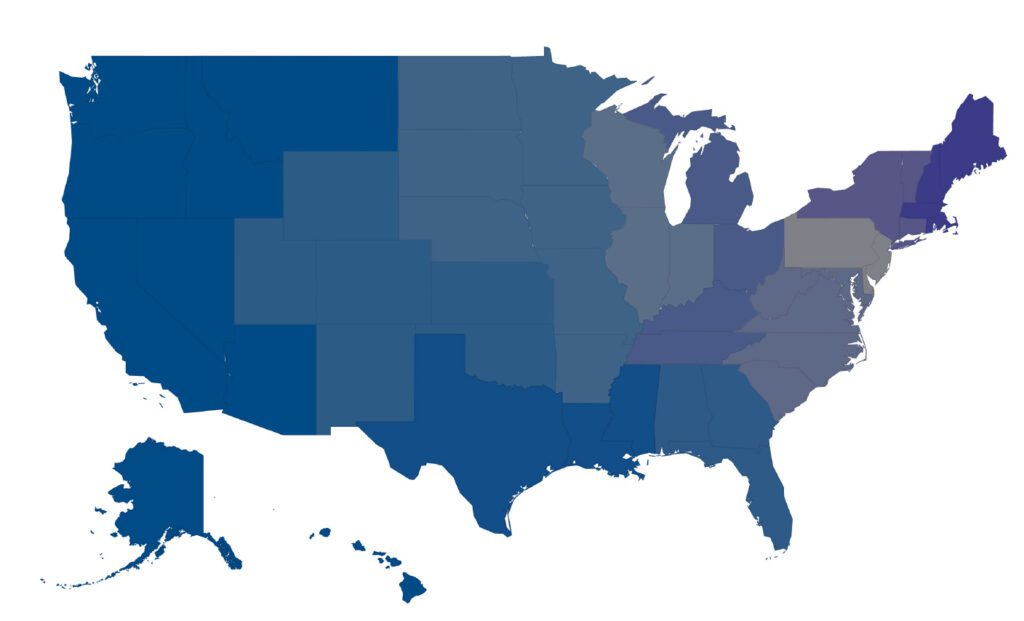Wisconsin Statutes
808.07 Relief Pending Appeal.
“(1) Effect of appeal. An appeal does not stay the execution or enforcement of the judgment or order appealed from except as provided in this section or as otherwise expressly provided by law.
(2) Authority of a court to grant relief pending appeal.
(a) During the pendency of an appeal, a trial court or an appellate court may:
1. Stay execution or enforcement of a judgment or order;
2. Suspend, modify, restore or grant an injunction; or
3. Make any order appropriate to preserve the existing state of affairs or the effectiveness of the judgment subsequently to be entered.
(am) During the pendency of an appeal, the trial court may hear and determine a motion filed under s. 806.07.
(b) Except as provided in s. 655.27 (5) (a) 3., relief under this subsection may be conditioned upon the filing of an undertaking in the trial court.
(2m) Limit on undertaking.
(a) During the pendency of an appeal of a judgment in any civil action, the court shall set the amount of the undertaking to be furnished by all appellants collectively in order to stay the execution of the judgment during appellate review, but the undertaking shall not exceed $100,000,000.
(b) Notwithstanding par. (a), if an appellee proves by a preponderance of the evidence that an appellant is dissipating assets outside the ordinary course of business to avoid payment of a judgment, a court may enter any order necessary to protect the appellee and may require the appellant to post a bond in an amount not to exceed the amount of the judgment.”

**In Federal cases the bond requirement is governed by Federal Rule of Civil Procedure “62(b) Stay by Bond or Other Security. At any time after judgment is entered, a party may obtain a stay by providing a bond or other security. The stay takes effect when the court approves the bond or other security and remains in effect for the time specified in the bond or other security.”**
The information contained on our site is for general information purposes, and you should consult with your attorney for the most up to date civil code or local rule that applies to your case.
Choose the State...
Experience the CSBA Difference today
Expert Guidance • First-Class Service • More Options








